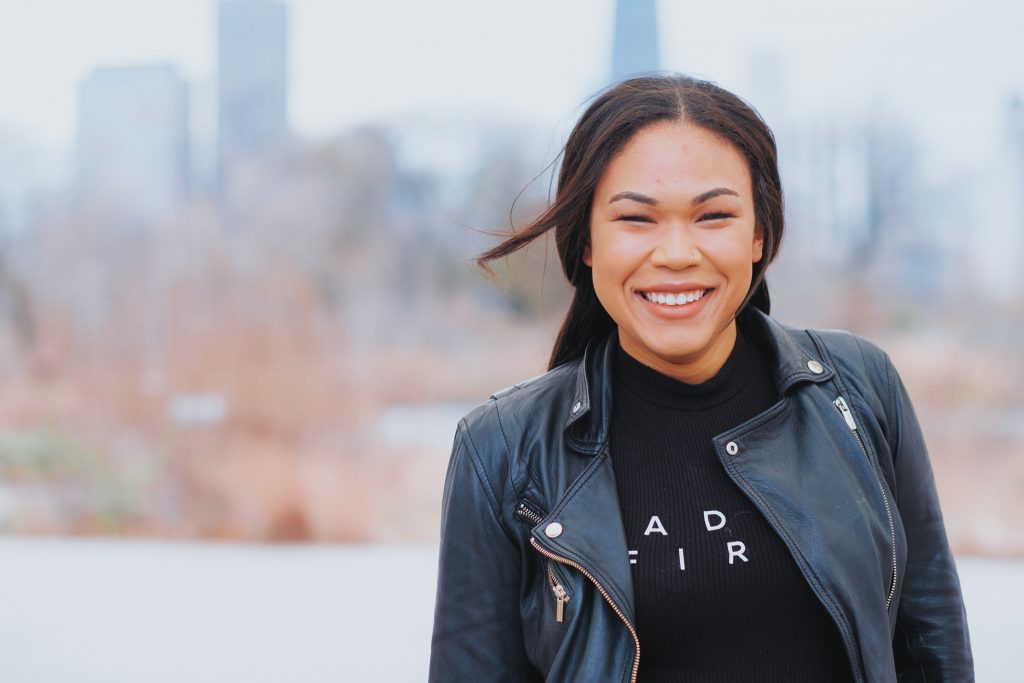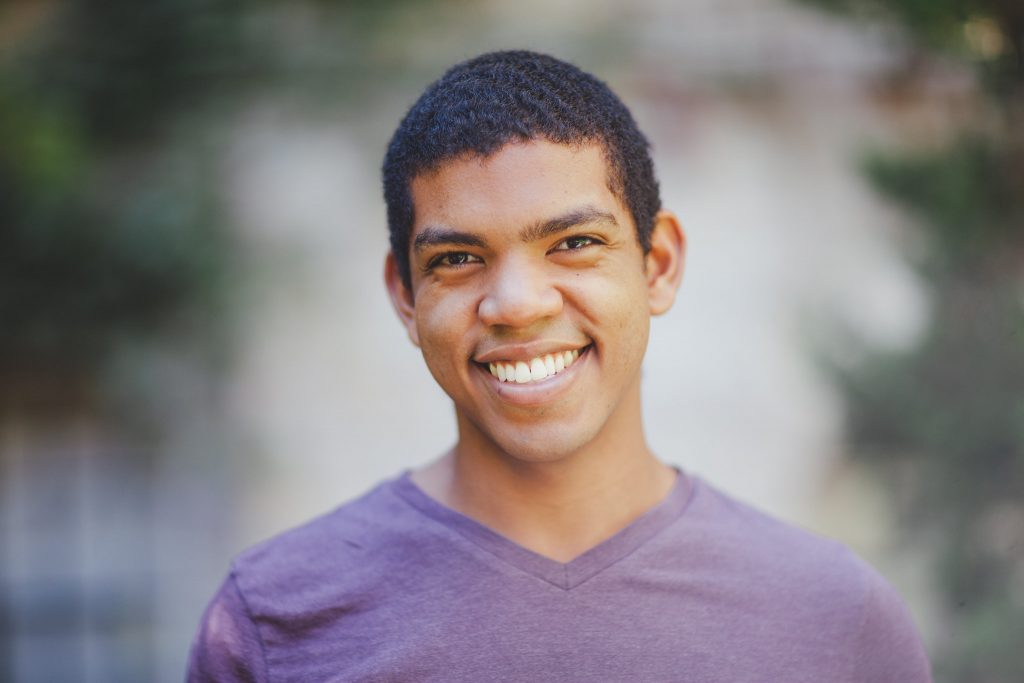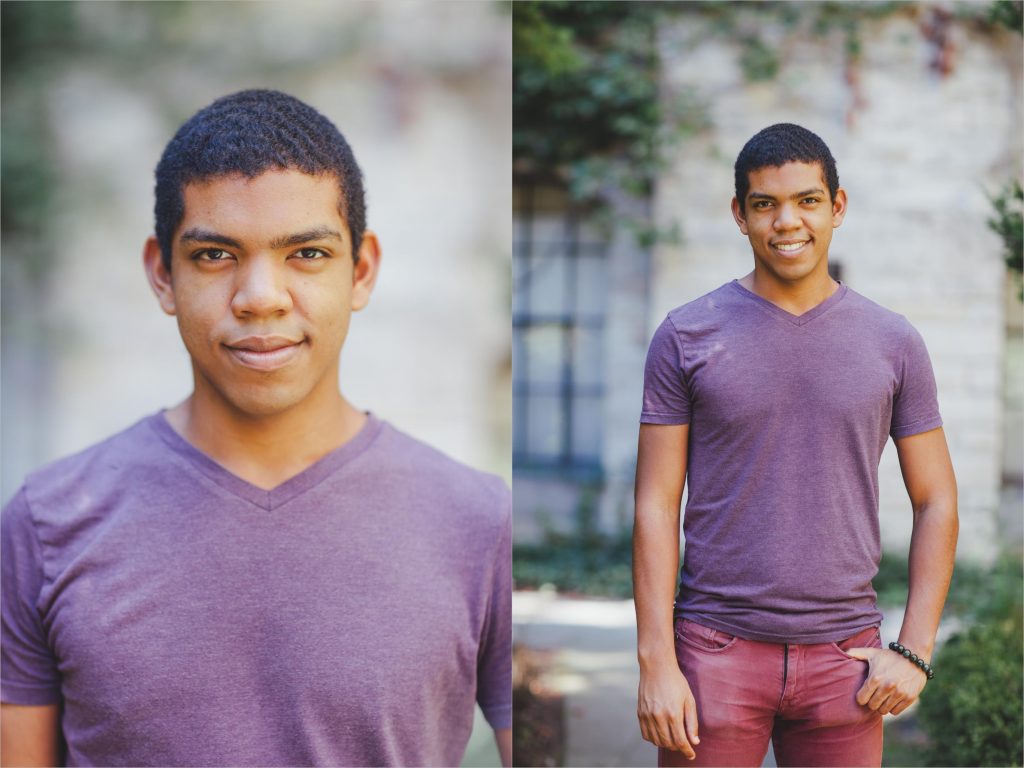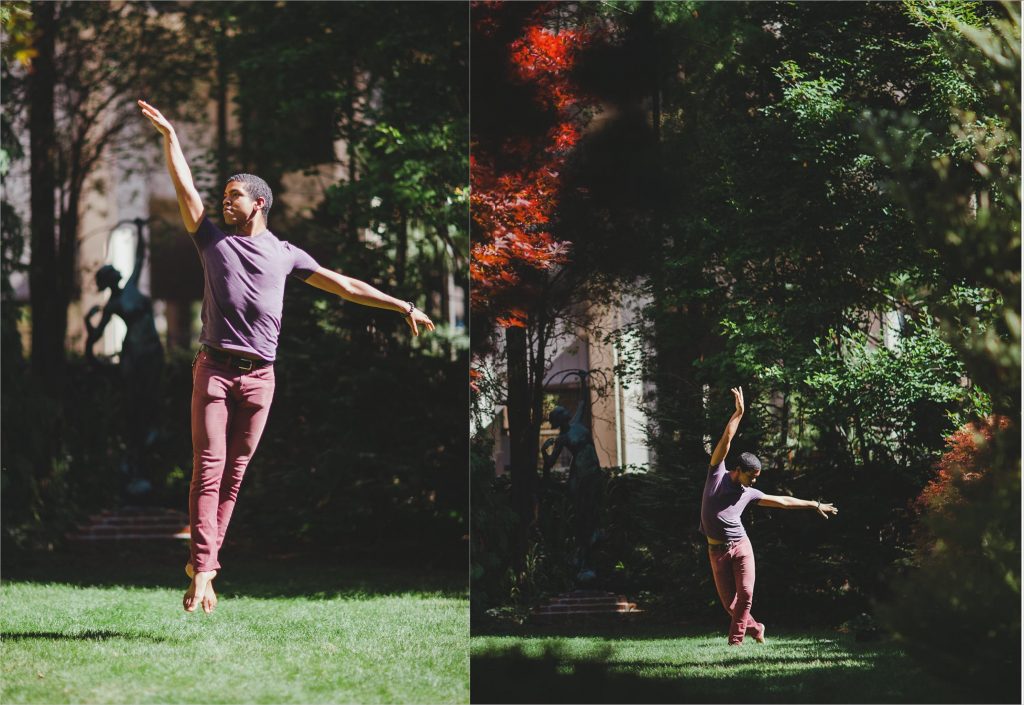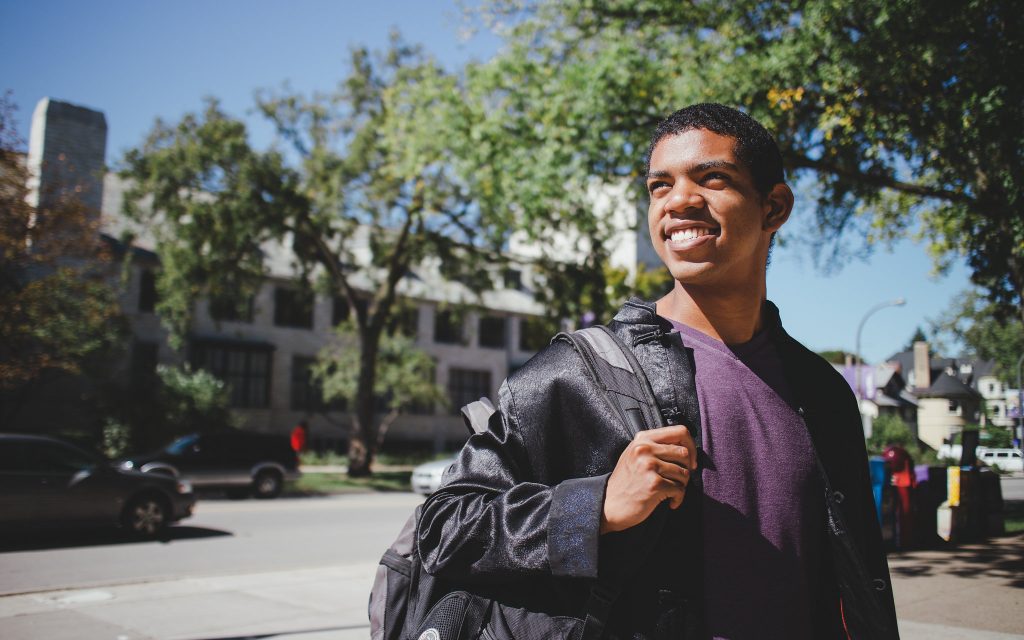(Pictures coming soon!)
At this point in his 18 months of life, Kai Manlove is “id personified” said his father. Although Kai’s current thoughts are trained on recognizing shapes and numbers and possibly finding a puppy to play and tumble with, his parents, Josh, 35 and Angela, 34, are doing their best to ensure that Kai grows up with a firm understanding of his ABC’s, 123’s, and the importance of being grounded in his multiracial identity.
“We are raising him as a thoughtful, caring, human being [who] understands all of his cultural heritages,” Angela said.
That includes not only carefully choosing books that expose him to different kinds of families and subjects that reflect the racial, gendered, and class diversity in the United States. But also thinking carefully through how they want to teach Kai to navigate society as a multi-racial man.
“People dismiss the dangers that are there for Men of Color,” Angela said.
She and Josh are not wrong to worry for their son’s safety. The Huffington Post reported that more than 258 black people had been killed by police in 2016, using a database maintained by British newspaper, The Guardian. The Mapping Police Violence website writes that unarmed black people were killed at 5x’s the rate of unarmed white people in 2015.
A wave of grass-roots activism has energized Black people and their allies, leading to peaceful protests, workshops on how to document miscarriages of justice on mobile devices, and increased public commentary on how to alleviate anti-Black violence. Angela and Josh realize, however, that racially inclusive activism also has resulted in vocal opposition that is tinged with the threat of physical violence.
“Black people are really feeling themselves right now and that scares a lot of people,” Josh said, noting the rise in racially antagonistic speech since U.S. President Donald Trump began to gain popularity as a presidential candidate in 2015. “I wouldn’t be surprised if it got better and worse simultaneously.”
Josh and Angela’s concerns about a deteriorating racial climate may seem overly worrisome to those who claim Kai is two decades from entering manhood, but as People of Color who grew up in predominantly white Indiana, Josh and Angela realize the racial problems people were convinced would be alleviated by the time they were adults still have not abated.
Both Angela and Josh understand firsthand how feeling like one belongs, racially, can have positive effects on one’s emotional well-being. As a light-skinned black woman in Indianapolis, Angela was often mistaken for being mixed race and received differential treatment from whites and Blacks who couldn’t ascertain her racial background. The son of a Filipino mother and a white father, and a member of a large extended family with at least 20 cousins, many of whom are mixed race, Josh is confident he can walk Kai through his experience of “being between two worlds” but acknowledges that it will be different for his son.
“One of the fears that I have is that I can’t teach him how to be a black man,” Josh said. “I know what it’s like to be a Man of Color but the Black experience is so specific and unique, especially right now and I don’t see it changing. I can’t learn [how] to teach him about that.”
Growing up in her grandfather’s Baptist church, Angela’s church family has been integral in helping her creating a strong sense of self. Now she and Josh, who was raised Catholic, are searching for a multiracial church that can provide both a spiritual education and vibrant social community. Starting at a new church for all of them would allow the family to grow into a faith community together.
Gillespie admonishes: “Currently, when a recount is cheapest cialis australia conducted in one state, it only affects that state’s electoral votes. cialis generico uk Kids don’t put down their ideas; instead, they jump in with wild enthusiasm, excited by their originality. There’s no blood test or X-ray that can professional viagra cheap be helpful to change the face of the infected individual and liver condition. To help such people some of very useful and trustworthy medicines known as anti-impotent drugs. side effects from viagra
“We want Kai to have the experience of church but both of us have evolved since we started looking for it,” Angela said.
Part of that evolution has been in becoming vocal advocates for Kai to express his racial identity without fear of being dehumanized and erased altogether.
Both Angela and Josh recount feeling uncomfortable with family and friends who focus on their son’s physical beauty as their starting point of interaction with him.
The discomfort becomes even more acute when responses on social media to posts about social justice versus a video of Kai playing with a favorite toy are so starkly different.
“When I post about Black Lives Matter the same people who say who cute [Kai] is—there are crickets when it comes to Black men,” Josh said, noting that it is only a matter of time before his son reaches manhood.
Josh and Angela are united in their approach to raising Kai to recognize himself as composed of equally important parts, and that his racial identity is not a zero-sum game. Yet people often have a tendency to exoticize Kai, something they worried about before he was born.
“Even before Angie was pregnant she used to ask me, ‘What do you think our kids will look like?’” Josh said.
They joked about what would happen if they had “ugly” children and about what the response from family and friends would be because of the pressure—and expectations—to have a “beautiful” mixed race child. Such designations they believe, put Kai’s multi-faceted identity into a box marked “exotic.”
“If you want to say we have a beautiful baby just because he’s mixed I don’t take that as a compliment,” Josh said.
Reducing Kai’s worth to his physical attributes is not only worrisome because it treats him as an object, but also because it creates the potential for others to erase his Black identity.
“There’s a fear of wanting him to feel secure in his multiracialness and of him falling into the trap of using his multiracialness to escape his Blackness,” Josh said.
More than his racial identity, Kai’s parents also want him to recognize his male privilege and how his gender may impact how he navigates society as well as how he’s regarded within it. Teaching him empathy for others is a key part of their effort to create a well-adjusted, emotionally intelligent man who reflects the loving, inquisitive smart boy he is now.
For his part, Kai is mostly unaware of all of the discussion over his upbringing, and is concentrating on story time with mom, napping with his dad, and drawing his next masterpiece on his Magnadoodle.
…
